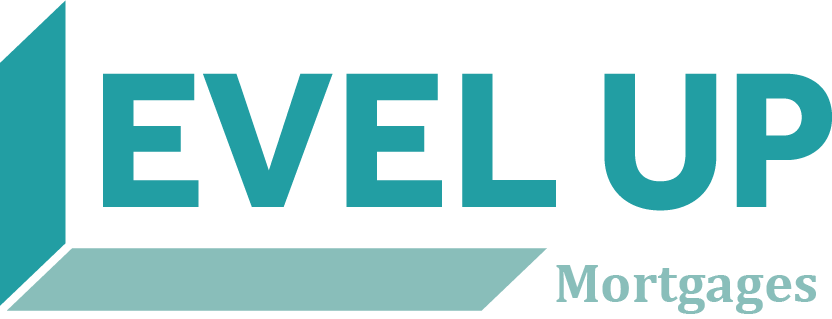How The Self-Employed Can Afford Bigger Mortgages | Gross Up Strategies and Stated Income Programs
With 15% of Canadians now being self-employed and COVID-19 being the catalyst to increasing this number, lenders are taking notice by reviving their stated income programs for entrepreneurs to afford more even though they declare less income.
Firstly, it’s important to recap why obtaining a mortgage as an entrepreneur is far more difficult than your salaried counterparts. Business failure statistics show that about 96 percent of small businesses (1–99 employees) that enter the marketplace survive for only one full year and 85 percent survive for three years. Big banks and prime best rate mortgage lenders follow these stats religiously and they try to be as conservative as possible when accepting self-employed income. They require the following from you to be considered:
What you need
Your business must be around for Two years or more to be considered*
Two Years of full T-1 Generals
Must include Statement of Business Activity
Two Years of your Personal Notice of Assessments
Two Years of Accountant Prepared Financial Statements (if applicable)
Personal Bank Statements for 6 months
*The CMHC’s has a special program that provides exceptions of under two years for people who did relevant schooling or were employed somewhere that arguably will accelerate their self-employed business - contact me about this.
Why business write-offs can limit you
There is a running joke that accountants and mortgage brokers don’t get along and that is because both have very different incentives when advising you on business write-offs. Accountants want to shield you from taxes so they recommend everything is written off however, mortgage brokers know that lenders qualify you on your reduced written off income vs. your gross income so you must strike a balance. Lenders, of course, determine your mortgage eligibility based on a debt-to-income ratio where the more debts and the less income you declare, the smaller the mortgage amount you can qualify for, and thus, the more down payment or smaller home you must settle with.
To get the best of both worlds, you need to consider an alternative lender that will allow you to submit bank statements that prove how much actual money is deposited into your bank account and thus, you have a more favourable debt-to-income ratio to afford more mortgage.
Ways to increase mortgage eligibility without limiting business write-offs: Grossing Up and Stated Income programs
As the popularity of being self-employed continues to skyrocket, more lenders are finding creative ways to make homeownership accessible for this segment of the population with special programs.
Grossing Up Income by 15%
For the self-employed, a standard 15% gross-up can be calculated using your 2-year income average (line 150 from your Notice of Assessment). Lenders know that a self-employed clients’ income tends to be higher than what is reported on a tax return and so this is becoming more custom in many cases. For example, if you report making $30,000, with a 15% gross-up, they will count this as $34,500.
Add backs are the inverse strategy to consider as sometimes they yield a more favorable result. They are done by simply extracting certain expenses and adding them back into your total income. For example, if you spend $5000 a year on advertising expenses, this gets added back to your $30,000 so now it shows you make $35,000 a year.
The benefit of add-backs is that in most cases, the resulting income will be higher than a straight 15% gross-up although you should note that they are accepted on a case by case basis by the mortgage underwriter.
Stated Income Considerations:
Stated Income programs allow you to state your income rather than needing to resort to what you claimed for taxes.
Generally, this requires a minimum of 35% down, however, it can be done for as little as 10% down through one of the mortgage insurers Genworth’s Alt. A program. You must however have a reasonable argument for what could possibly be calculated as profit.
For example, if your yearly revenue is $400,000 and $300,000 is paid to employees, attempting to claim that you profited over $100,000 makes zero sense as it’s clear that your profit cannot be higher than the difference between a hard expenditure and revenue.
Usually, lenders will take a percentage of your retained earnings and also consider how much your profession makes on average. The average small business owner's salary in 2019 was $66,373, according to PayScale data - how close is the average salary for someone in your industry such as a plumber or a consultant?
Your business will be scrutinized and it’s up to you and your mortgage broker to provide very clear information and state an income that is considered reasonable for your industry and job type.
THE BOTTOM LINE
There is a clear balance that needs to be struck between business write-offs and what you can be eligible for with your mortgage. Think ahead to your ideal home price and what your down payment needs to be to then work backward and understand what income needs to be declared to qualify for your mortgage amount. You might also need to get crafty with an excel document to see whether writing off more taxes offsets the higher rate you’ll pay the lender who might let you double dip with a stated income program.

